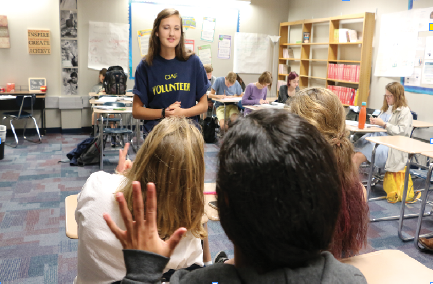Some CHS students turn 18 before the 2016 elections, gaining the opportunity to cast a vote. Even a single vote can make a difference in the country’s future. Many factors influence students’ voting preferences. One of these influences is gender.
Seniors Sarah Glaze and April Johnson are among the 18-year-olds who plan on voting in the upcoming election. Both lean liberally, like most women in the United States. According to a Pew Research study, since 1990, women are more likely than men to identify as Democrats. This may be the case because Glaze and Johnson said Democrats often focus on and support ‘women’s issues.’
Robert Elder, Government and U.S. History teacher, said, “Political parties seek to influence people to bring them over to their side.”
Glaze and Johnson said they do not consider female Democratic candidate Hillary Clinton to be a good future president. They said they think many other women do, though.

Glaze said, “I definitely think Hillary Clinton will get a lot of women’s attention because I’ve learned in government that a lot of women are Democratic, and a lot of them will be like, ‘She’s feminist,’ so they will be attracted to that.”
A presidential candidate’s gender might influence people’s opinions of him or her.
Elder said, “Certain people are more likely to vote for women than men, and certain people are more likely to vote for men than women.”
Johnson said, “(Clinton’s gender) might have a little bit of an influence on the amount of votes she will get.”
Since gender imposes a heavy influence on politics, Elder said students should know for the past 25 years, more women have been voting than men. This gender gap is the result of women compensating for their previous lack of representation in government.
Elder said, “Both men and women have equal opportunities now. That has not always been the case.”
Although women make up most of the votes, Johnson said she still feels that women are being underrepresented in politics and in government.
Johnson said, “Men usually dominate politics.”
The common idea that men have greater influence in politics led women to feel compelled to voice their opinions. Glaze and Johnson both said they are open to talking about politics with other students and their parents.
Elder said, “If a group feels like it has not been well served or is not being well served by the political process, they are more likely to remain heavily engaged. I think that makes sense because they have more to gain.”
 Glaze and Johnson said they are actively trying to stay engaged in politics for the upcoming elections. With the amount of information about the elections available due to the prevalence of digital data, it is much easier today to stay updated than it was many years ago.
Glaze and Johnson said they are actively trying to stay engaged in politics for the upcoming elections. With the amount of information about the elections available due to the prevalence of digital data, it is much easier today to stay updated than it was many years ago.
“I’m trying to keep up with candidates. I go online sometimes and look at the interviews and debates that are going on and I watch the news,” Johnson said.
Glaze said, “I do research on who’s possibly going to be a candidate in each party and what they say they can do for the country. I’m given the right to vote, so I should take advantage of it.”















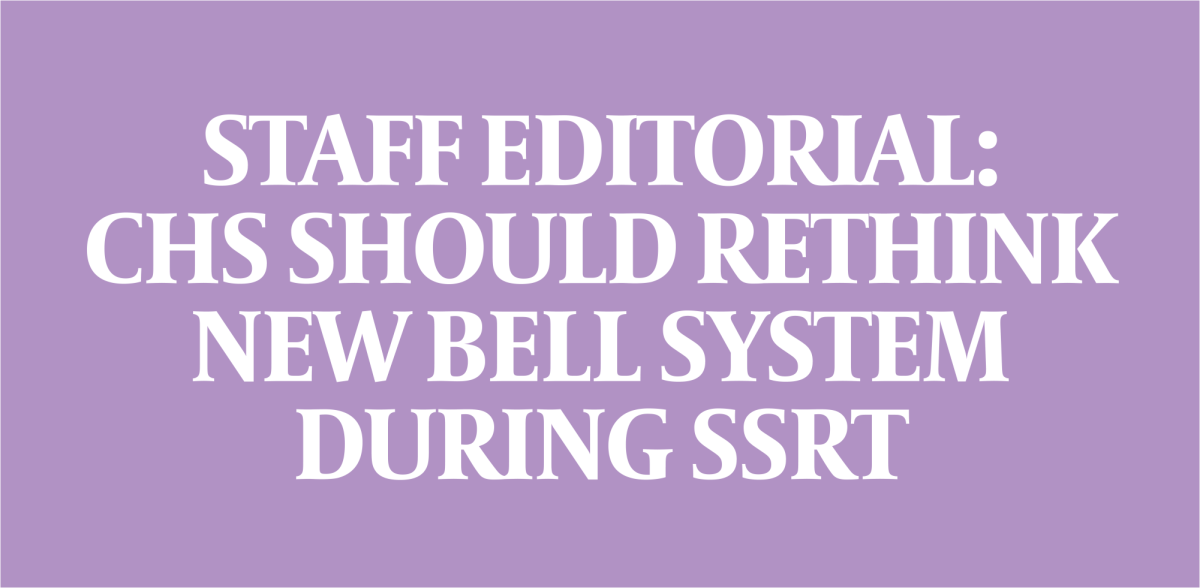
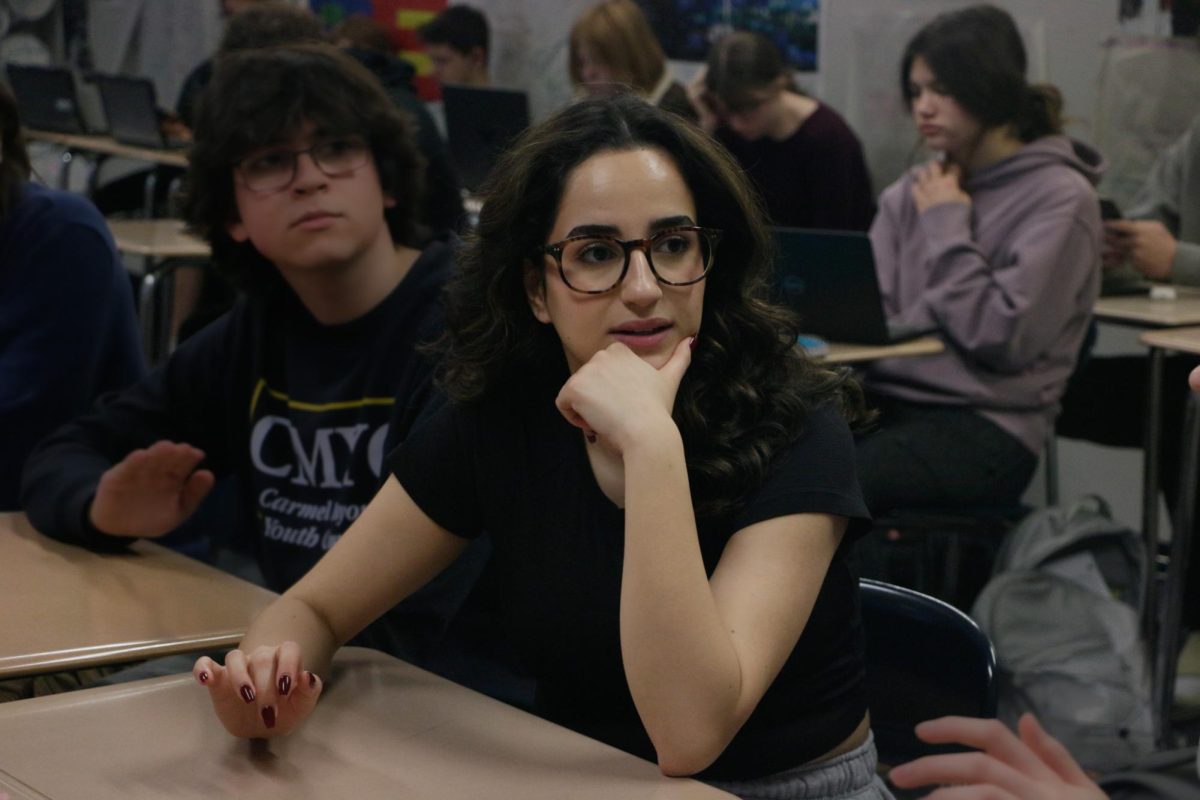

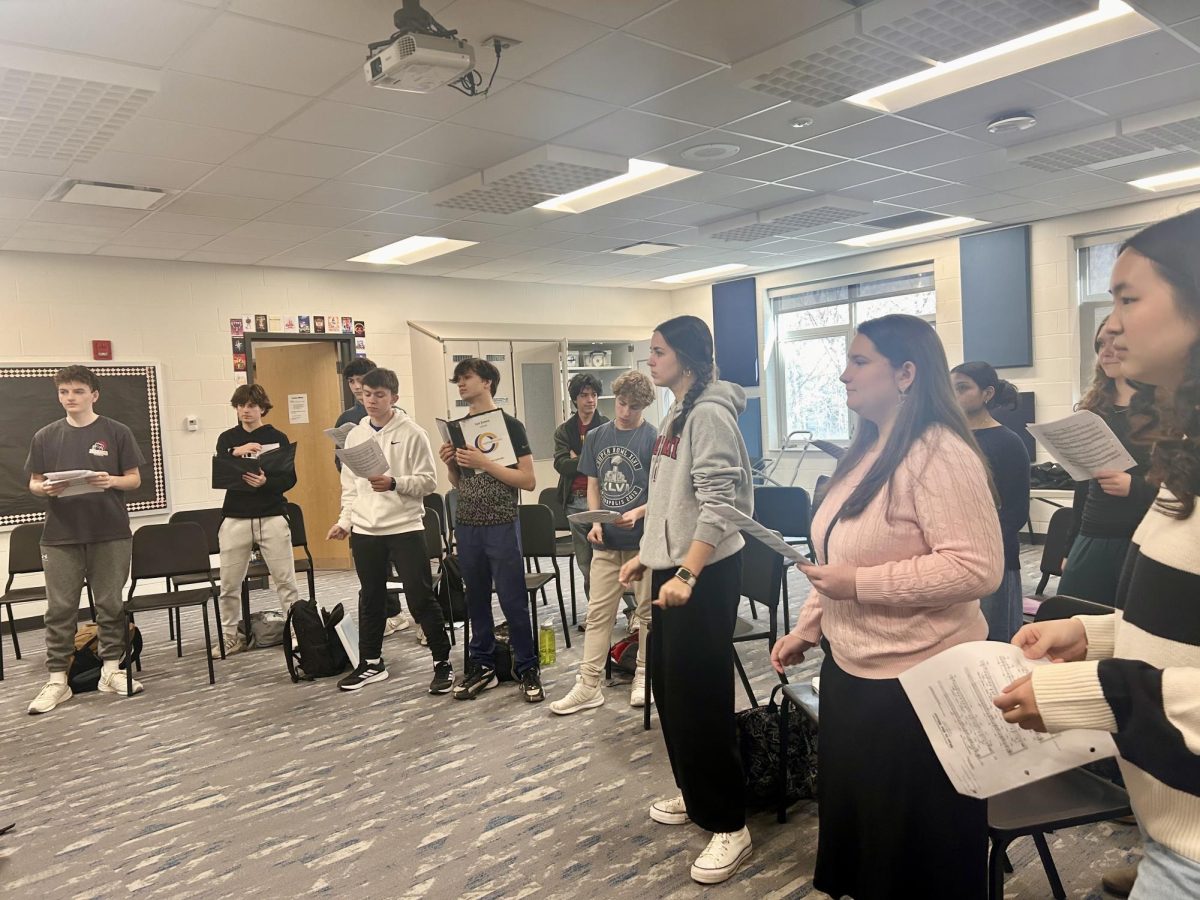

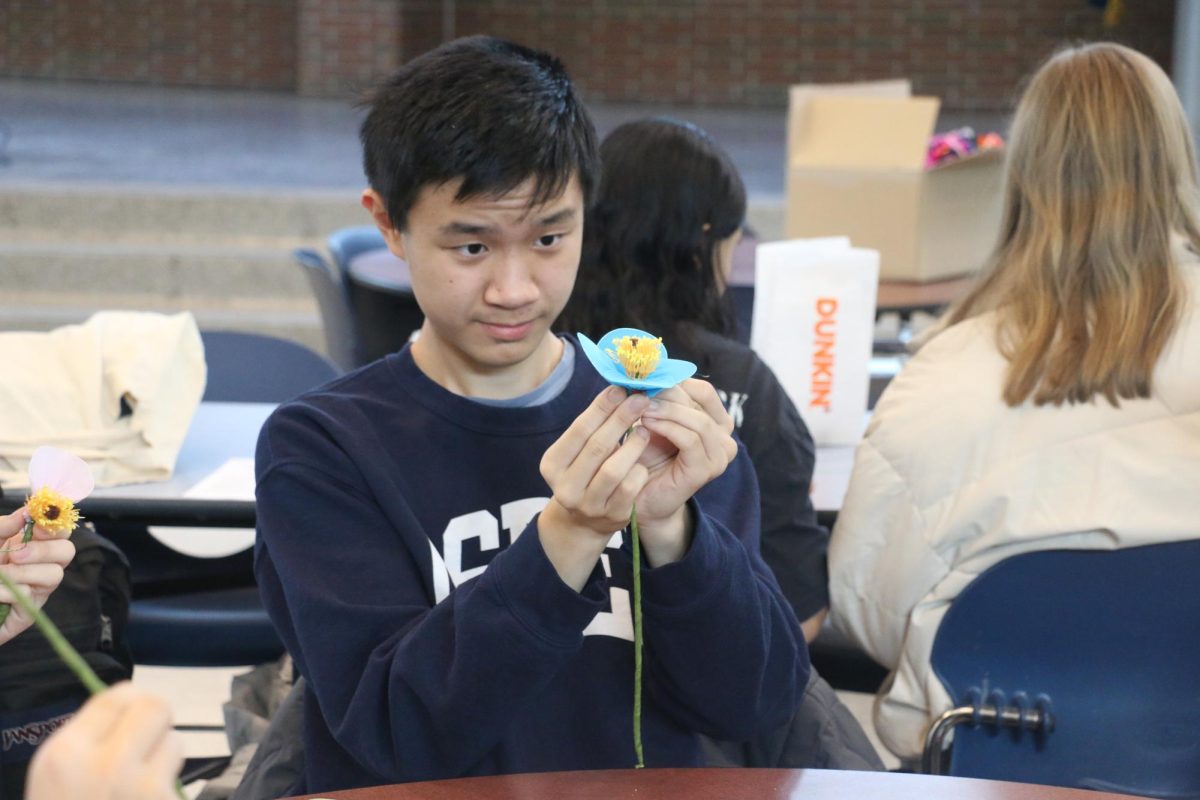




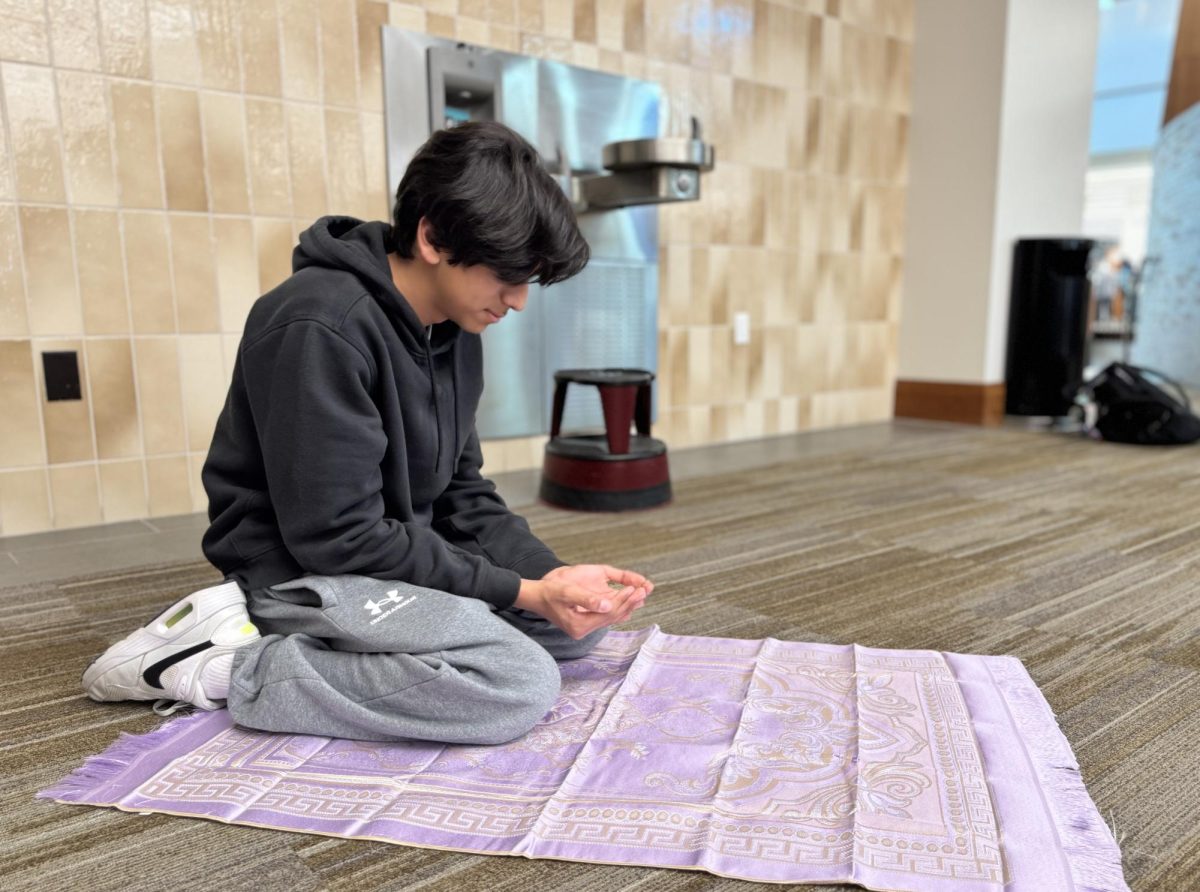





![AI in films like "The Brutalist" is convenient, but shouldn’t take priority [opinion]](https://hilite.org/wp-content/uploads/2025/02/catherine-cover-1200x471.jpg)


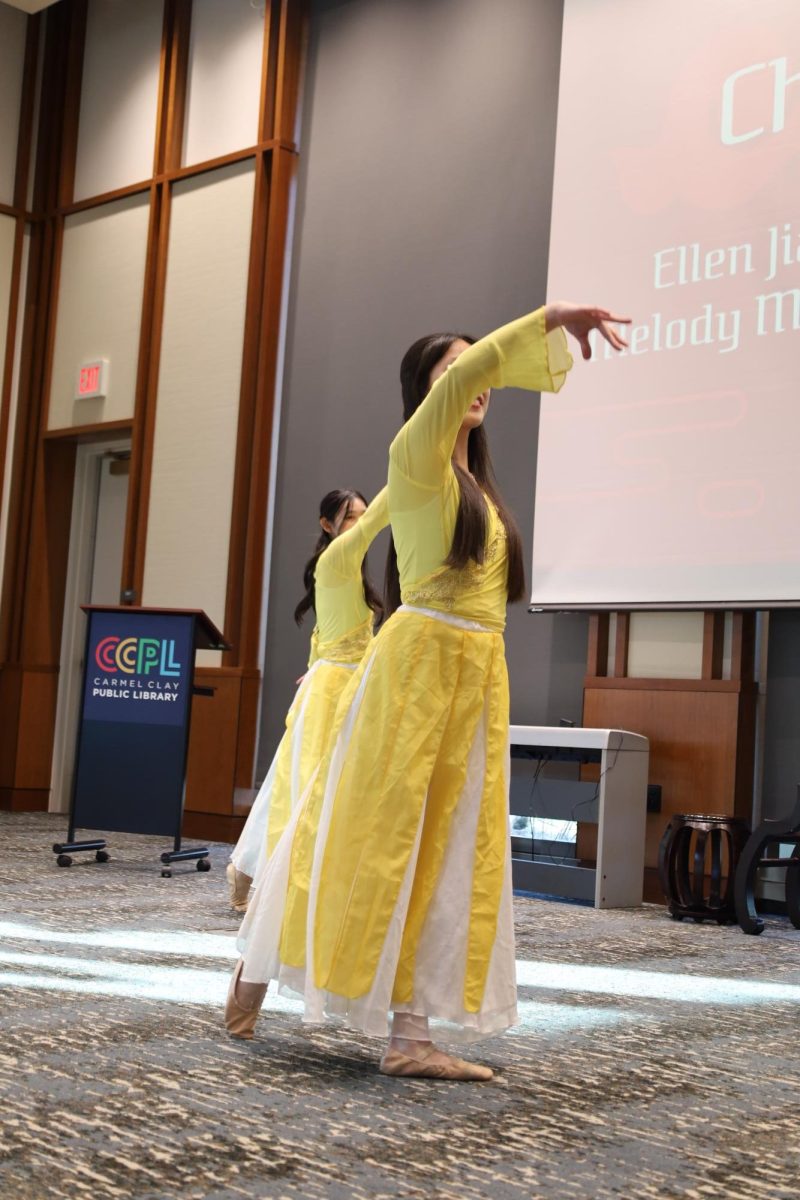










































![Review: “The Immortal Soul Salvage Yard:” A criminally underrated poetry collection [MUSE]](https://hilite.org/wp-content/uploads/2025/03/71cju6TvqmL._AC_UF10001000_QL80_.jpg)
![Review: "Dog Man" is Unapologetically Chaotic [MUSE]](https://hilite.org/wp-content/uploads/2025/03/dogman-1200x700.jpg)
![Review: "Ne Zha 2": The WeChat family reunion I didn’t know I needed [MUSE]](https://hilite.org/wp-content/uploads/2025/03/unnamed-4.png)
![Review in Print: Maripaz Villar brings a delightfully unique style to the world of WEBTOON [MUSE]](https://hilite.org/wp-content/uploads/2023/12/maripazcover-1200x960.jpg)
![Review: “The Sword of Kaigen” is a masterpiece [MUSE]](https://hilite.org/wp-content/uploads/2023/11/Screenshot-2023-11-26-201051.png)
![Review: Gateron Oil Kings, great linear switches, okay price [MUSE]](https://hilite.org/wp-content/uploads/2023/11/Screenshot-2023-11-26-200553.png)
![Review: “A Haunting in Venice” is a significant improvement from other Agatha Christie adaptations [MUSE]](https://hilite.org/wp-content/uploads/2023/11/e7ee2938a6d422669771bce6d8088521.jpg)
![Review: A Thanksgiving story from elementary school, still just as interesting [MUSE]](https://hilite.org/wp-content/uploads/2023/11/Screenshot-2023-11-26-195514-987x1200.png)
![Review: "When I Fly Towards You", cute, uplifting youth drama [MUSE]](https://hilite.org/wp-content/uploads/2023/09/When-I-Fly-Towards-You-Chinese-drama.png)
![Postcards from Muse: Hawaii Travel Diary [MUSE]](https://hilite.org/wp-content/uploads/2023/09/My-project-1-1200x1200.jpg)
![Review: "Ladybug & Cat Noir: The Movie," departure from original show [MUSE]](https://hilite.org/wp-content/uploads/2023/09/Ladybug__Cat_Noir_-_The_Movie_poster.jpg)
![Review in Print: "Hidden Love" is the cute, uplifting drama everyone needs [MUSE]](https://hilite.org/wp-content/uploads/2023/09/hiddenlovecover-e1693597208225-1030x1200.png)
![Review in Print: "Heartstopper" is the heartwarming queer romance we all need [MUSE]](https://hilite.org/wp-content/uploads/2023/08/museheartstoppercover-1200x654.png)


